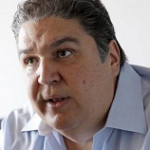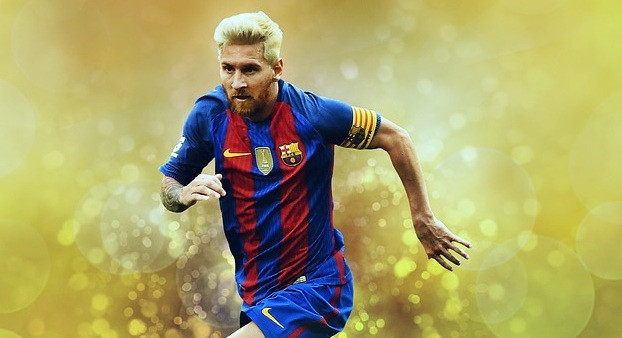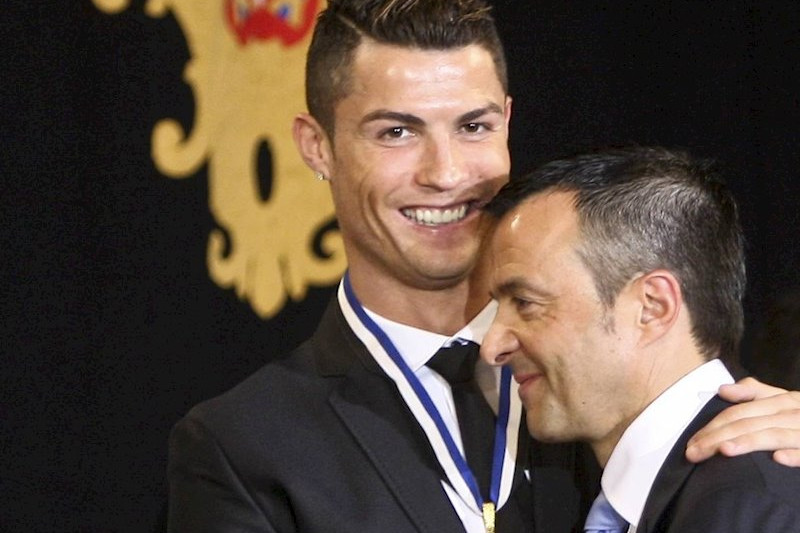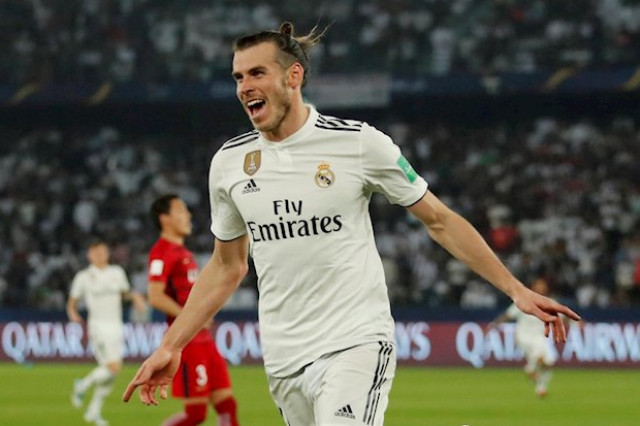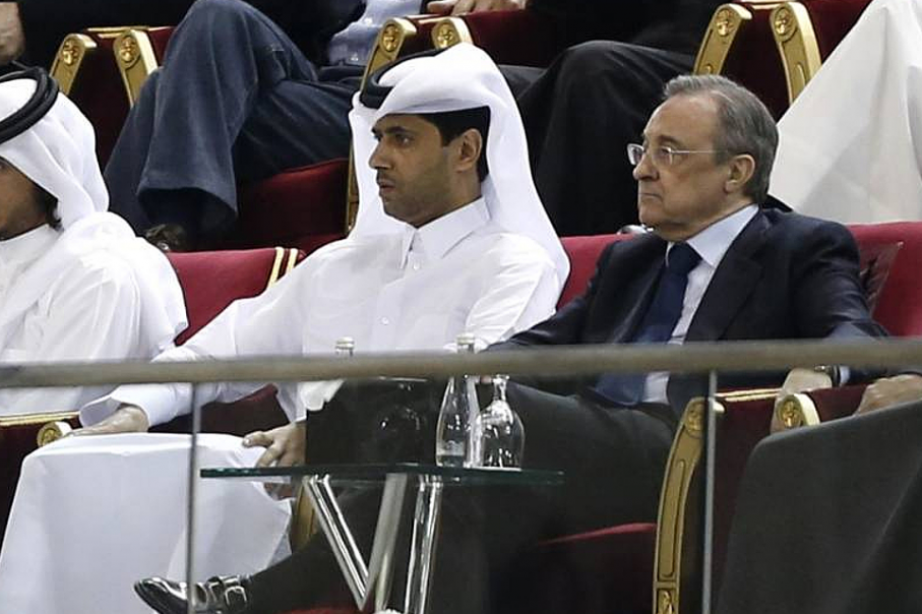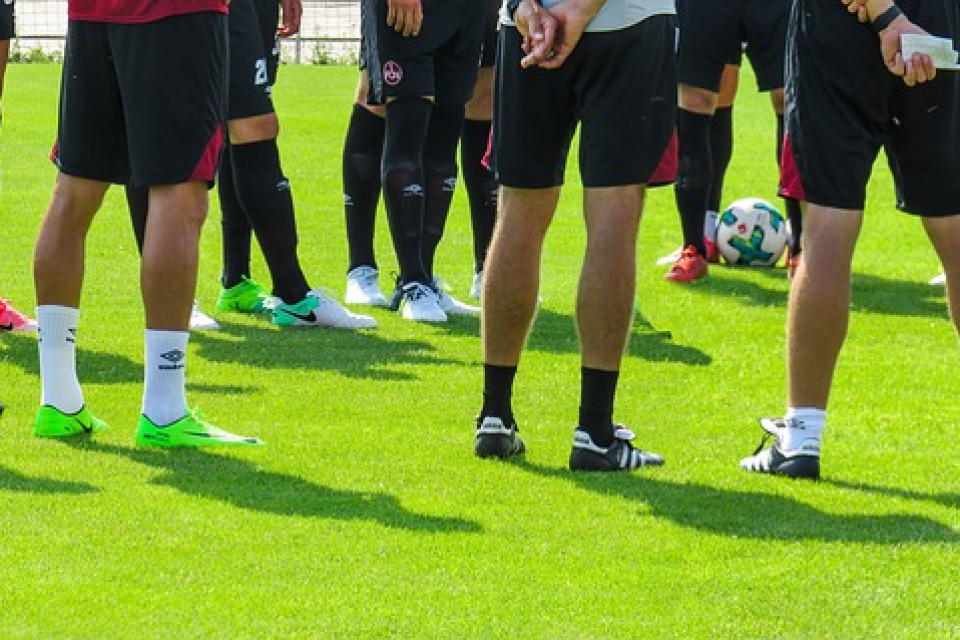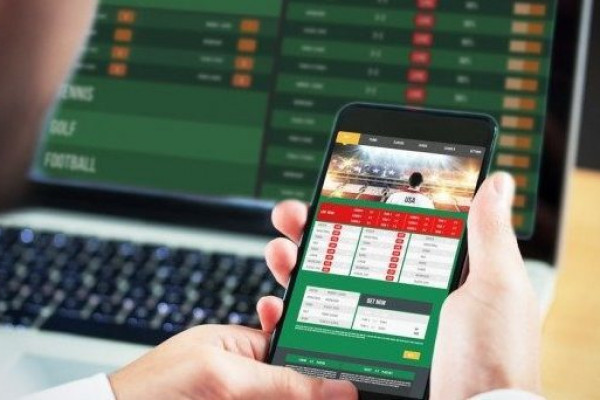Of all the 736 players involved in the 2018 World Cup and the millions all over the world who play football, Messi is the best paid.
Leo Messi, the 30-year-old star from Rosario who plays for FC Barcelona in Spain, and the winner of the FIFA award as Player of the Year on five occasions with this team, has led Barcelona to four League Championships, six Copas del Rey (King's Cup) and nine League titles.
With a career total of more than 600 goals, he is the highest scorer in Barcelona Football Club's history.
We also saw Messi lead Argentina to win the Gold Medal at the 2008 Olympic Games in Beijing.
Forbes magazine calculates Messi's personal assets to be more than $400 million and he is the world's highest-paid athlete after boxer Floyd Mayweather.
Last year, Messi earned over $80 million in salaries and royalties (before taxes) and another $27 million in sponsorships.
Messi signed a lifetime agreement with Adidas. The amount of which has not been disclosed, but it is known to be higher than their previous agreement that amounted to $12 million per year.
Among his other sponsorships, all of them quite lucrative, are those signed with Huawei, Hawkers, Gatorade, Pepsi and the Chinese dairy conglomerate Mengniu Group.
Messi is exceedingly rich currently, but came from quite humble origins.
He was born and raised (but not much) in Rosario, the third most populous city in his native Argentina. His father worked in a factory and his mother cleaned offices. He was always a good football player but suffered from hormone deficiency that compromised his growth. It is said that he had to get daily injections.
At age 13, he travelled to Spain and signed his first professional contract with FC Barcelona. A significant stipulation in the contract was that the club promised to continue paying for medical treatment thus relieving the burden on the family.
The diminutive player progressed rapidly within the Barcelona youth programme and debuted in the great team at age 17 in 2004. What happened next we have already summarised above.
The way this athlete spends/invests his money follows a parallel to that of those other contemporary athletes with immense fortunes.
Messi biggest disbursement was his mansion in the town of Castelldefels, 25 Km. from Barcelona in the hills overlooking the Catalan mountains. He shares his house with his childhood girlfriend and now wife Antonella Roccuzzo and their three children. Antonella has her own high-end shoe business with her business partner Sofía Balbi, the wife of her Barcelona player Luis Suárez.
One of Messi's investments is a theme park in China that allows attendees to play football with him in virtual reality.
Like many other hyper-millionaires, Messi has a fondness for expensive cars: he owns a Ferrari F430 Spider, a Maserati Gran Turismo MC Stradale and an Audi R8 Spyder. These cars cost hundreds of thousands of dollars but hardly make a dent in the player's budget. Nevertheless, the vehicle that Messi acquired at auction is on another level. This is estimated to be the most expensive car in the world, a 1957 335 Ferrari Spyder Scaglietti Ferrari that sold for $37 Million.
Another less glamorous economic figure was the $288,000 Messi fine paid to Spain for tax evasion to avoid a 21-month jail sentence.
But perhaps Messi's most productive and commendable investment is the Leo Messi Foundation, established in 2007 and which, in partnership with UNICEF, helps children from all over the world, particularly those with health problems such as those that Messi himself endured. He is UNICEF's “Ambassador” and recently donated his own money to build classrooms for 1600 war-orphaned children in Syria.
Messi, like many other mega-rich people, enjoys his money but nevertheless contributes to making our world a little better.
Note: Magazines such as Fortune, Forbes, Money and Bloomberg Business Week release financial information about athletes not found in sports publications.
This article was published on Radio TV Martí. The author's consent has been given for its publication in TEJ


